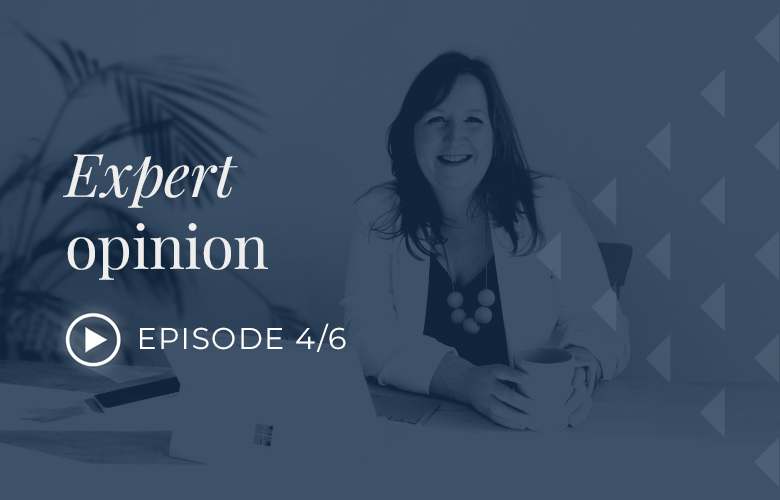News & Insights
Conquer Imposter Syndrome With Coaching
15th March 2022
Everyone suffers from imposter syndrome at some point in their lives.
Those self-defeating voices can chirrup away in our minds undermining confidence and halting personal progression. Coaching tools can quieten those voices and let you really shine as an executive leader.
This is the fifth episode in our short series of conversations with Jude Thorpe and executive coach Zia Savel.
Video Transcript
Jude: In recruitment, in our business, we speak to, we often chat with professional, accomplished, really effective people who are struggling to make the transition from senior management into a leadership or a board position. They're struggling to develop that executive presence. How can coaching help them?
Zia: I guess defining executive presence is worth doing. The way I think about that is inspiring confidence in others. So, by inspiring confidence, that means that executives and senior leaders need to hear the positives and present the positives to those that they're leading. Executives, as with everybody else, have those quiet voices in their mind that try to derail us or say, we're impostors or we're not doing as good as somebody else or who knows what's going on in the back of everyone's mind.
It's well reported that women particularly experience imposter syndrome and those quiet voices that undermine your confidence in yourself.
It happens to everyone, and it's being able to use coaching to make those noises quieter that put us off our track and let us be our best and really shine as executive leaders. I'm really interested in that in the diversity statistics. It's well reported that women particularly experience imposter syndrome and those quiet voices that undermine your confidence in yourself.
There are some lovely tools in coaching that you can really easily tackle some of these assumptions.
Jude: In your experience of coaching men and women do you think that does it affect everybody?
Zia: I would say a huge number. I couldn't say everyone, but it's definitely a topic I talk about every other week, at least. And I've spoken to people from early in their career, folks who are finishing up graduate programmes all the way to people who have had successful, extensive, big jobs and big careers, and they're still asking those questions. So, I think it impacts everyone.
And there are some lovely tools in coaching that you can really easily tackle some of these assumptions that we're starting to make about ourselves, and in most cases, they're not true, and they're not helpful.
So, using some tools to say, Is it helping me? Is it true? What would somebody else say? Let it go.
And that is harder to actually just let it go than you would think. It's remembering and having a tool that then says, here it goes again! I need it to go for me to be at my best.
Jude: Brilliant getting rid of Jiminy Cricket.




